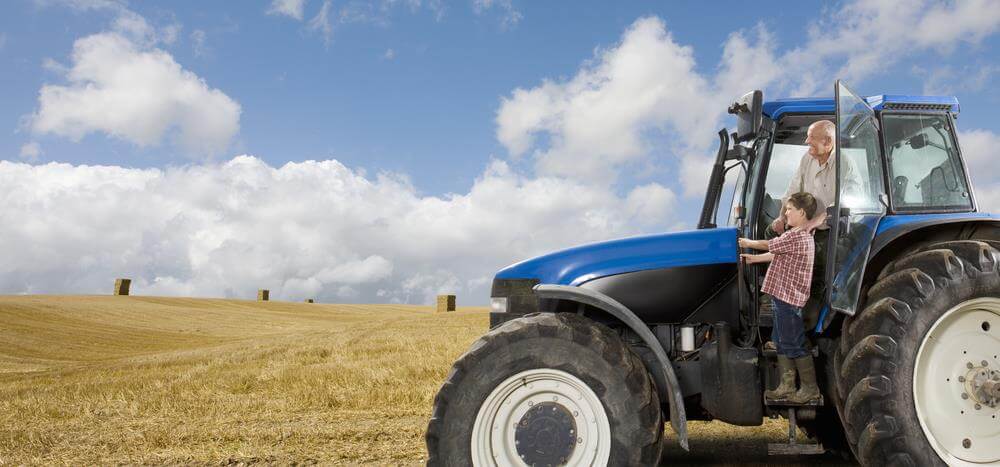
Another advantage of planning is that the younger farmers are more likely to be engaged as they are sure their parents or grandparents have them in mind and that he or she has a real input into the future of the farming business. There is an incentive therefore to remain in the family business and continue making a contribution.
How does the older generation even begin to take the steps required to transfer assets down to the next generation? The aim of this article to highlight some key steps toward this:-
1. Start early
The key to success is to start early, as this allows all involved to anticipate and prepare for the future, taking into account retirement costs, support for incoming generations to include alternatives for children who do not wish to pursue farming. It is important to remember that hastily thought through succession planning under pressure can lead to family disagreements.
2. It is a continuing process
Over time circumstances change, additions to the family, marriages, deaths and other changes all necessitate a review of the plan. It is important, therefore, that the planning is flexible and adaptable enough to change to meet the new challenges. Even if it appears that external factors have not changed it is important to review the plan at regular intervals.
3. Communication and involvement
A lack of discussion can cause miscommunications between generations leading to mistrust. Open clear discussions are essential to the success of the planning, where all members express their views and contribute to the goals of the family for the business.
4. Involvement of professionals
Whilst the decisions are made by the family, however it is vital to involve professionals such as solicitors, accountants and land agents who should ensure that all relevant factors have been taken into account and often suggest options that the family did not know were possible. For instance here at QualitySolicitors Parkinson Wright our agricultural experts always aim to look at the business holistically in order to provide a solution that results in the best possible outcome for all involved.
5. Distinction between farm business and ownership of the farm assets
An awareness that the ownership of the farm and the running of the farm as a business are different and the understanding that the two do not need to mirror each other are key to this process and sometimes the separation of the two entities can allow greater flexibility meaning the aspirations of the members of the family not directly involved in farming as well as those that are can be met in the future.
From a legal perspective there are various areas to consider, for instance, whether:-
- The correct business structure is in place.
- The use of a partnership or corporate structure would be beneficial.
- A self-invested pension fund or trusts would be appropriate.
- To split the land ownership and occupation is necessary.
- To consider gifting the land in stages or sale to family members.
- Agricultural Property Relief and Business Property Relief are available.
For additional information please contact Douglas Godwin on 01386 761176 or via email: drg@parkinsonwright.co.uk to make an appointment .
